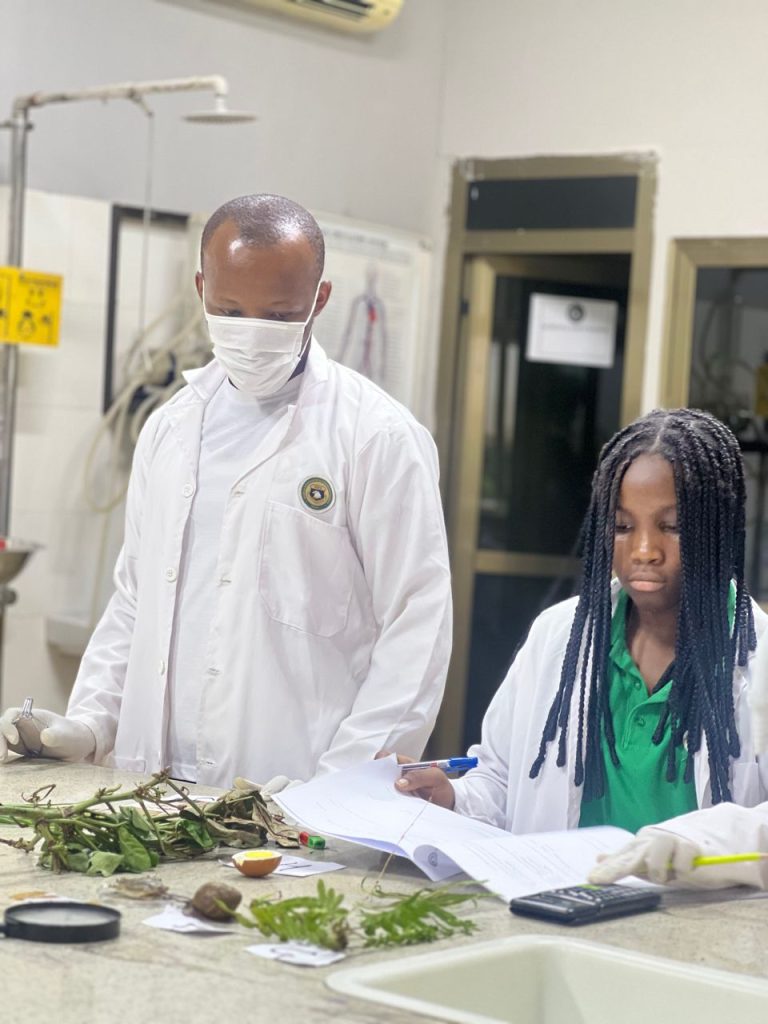Key Points at a Glance
Inquiry-based learning encourages curiosity, exploration, and critical thinking in science.
It shifts the focus from memorizing facts to understanding concepts through discovery.
Students become active participants in learning, fostering deeper engagement and retention.
Science is not just a body of knowledge—it’s a way of thinking. Yet for many years, science classrooms have relied heavily on lectures, textbook definitions, and predetermined experiments. This method, while convenient, often fails to inspire the curiosity that drives real scientific discovery.
Enter inquiry-based learning, a student-centered approach that mirrors how real scientists think and work. By asking questions, conducting investigations, and forming conclusions, students learn not just what science is—but how science works.
What is Inquiry-Based Learning?
Inquiry-based learning (IBL) is an educational approach where students learn by asking questions, exploring real-world problems, conducting experiments, and drawing their own conclusions.
Instead of being passive recipients of information, students become active investigators. Teachers serve as facilitators, guiding the learning process rather than dictating it.
Core elements of inquiry-based science include:
Generating meaningful questions.
Designing and conducting investigations.
Analyzing data and drawing evidence-based conclusions.
Reflecting on findings and refining understanding.
Why Traditional Science Teaching Falls Short
Traditional science instruction often emphasizes:
Memorizing formulas and definitions.
Following rigid lab instructions without context.
Preparing for standardized tests over understanding.
This method can lead to disengagement, especially when students don’t see the relevance of what they’re learning. Without inquiry, science becomes static and disconnected from real-life problem-solving.

Benefits of Inquiry in the Science Classroom
Here are some transformative benefits of using inquiry-based learning in science education:
1. Deeper Understanding of Scientific Concepts
When students discover concepts on their own, the learning sticks. They grasp the “why” behind the facts—not just the “what.”
2. Stronger Critical Thinking Skills
Inquiry encourages analysis, evaluation, and logical reasoning—skills that extend beyond the science classroom.
3. Greater Student Engagement
Hands-on investigations, real-world applications, and collaborative projects capture students’ interest and foster intrinsic motivation.
4. Improved Communication and Collaboration
Students learn to discuss ideas, present findings, and defend conclusions—valuable skills for both academia and the workplace.
At MICS, science lessons are designed to include open-ended experiments, student-led discussions, and opportunities to design original projects. This has helped build a culture where curiosity drives achievement.
Building a Culture of Curiosity and Discovery
Inquiry doesn’t happen by accident—it requires an environment that supports exploration and embraces questions. Key components include:
Flexible classroom structures that allow time for investigation.
Access to lab equipment and technology for experimentation.
Teachers trained to guide without giving away the answers.
A school culture that values growth, questioning, and risk-taking.

Final Thoughts
Inquiry-based learning is revolutionizing science education by putting curiosity and discovery at the heart of the classroom. Rather than memorizing for exams, students explore, investigate, and understand—building a solid foundation for future learning and innovation.
Educators and parents looking to cultivate a love for science in children should consider schools that embrace inquiry, like Morgan International Community School (MICS), where learning is an adventure driven by questions and fueled by discovery.
